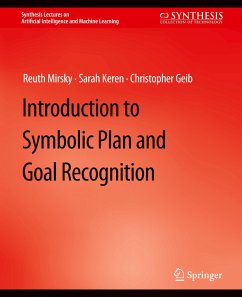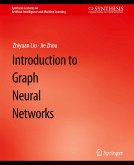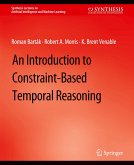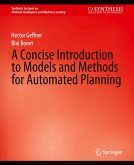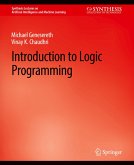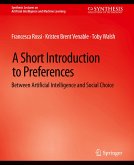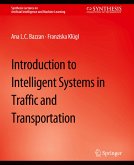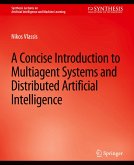Plan recognition, activity recognition, and goal recognition all involve making inferences about other actors based on observations of their interactions with the environment and other agents. This synergistic area of research combines, unites, and makes use of techniques and research from a wide range of areas including user modeling, machine vision, automated planning, intelligent user interfaces, human-computer interaction, autonomous and multi-agent systems, natural language understanding, and machine learning. It plays a crucial role in a wide variety of applications including assistive technology, software assistants, computer and network security, human-robot collaboration, natural language processing, video games, and many more.
This wide range of applications and disciplines has produced a wealth of ideas, models, tools, and results in the recognition literature. However, it has also contributed to fragmentation in the field, with researchers publishing relevant results in a wide spectrum of journals and conferences.
This book seeks to address this fragmentation by providing a high-level introduction and historical overview of the plan and goal recognition literature. It provides a description of the core elements that comprise these recognition problems and practical advice for modeling them. In particular, we define and distinguish the different recognition tasks. We formalize the major approaches to modeling these problems using a single motivating example. Finally, we describe a number of state-of-the-art systems and their extensions, future challenges, and some potential applications.
This wide range of applications and disciplines has produced a wealth of ideas, models, tools, and results in the recognition literature. However, it has also contributed to fragmentation in the field, with researchers publishing relevant results in a wide spectrum of journals and conferences.
This book seeks to address this fragmentation by providing a high-level introduction and historical overview of the plan and goal recognition literature. It provides a description of the core elements that comprise these recognition problems and practical advice for modeling them. In particular, we define and distinguish the different recognition tasks. We formalize the major approaches to modeling these problems using a single motivating example. Finally, we describe a number of state-of-the-art systems and their extensions, future challenges, and some potential applications.

